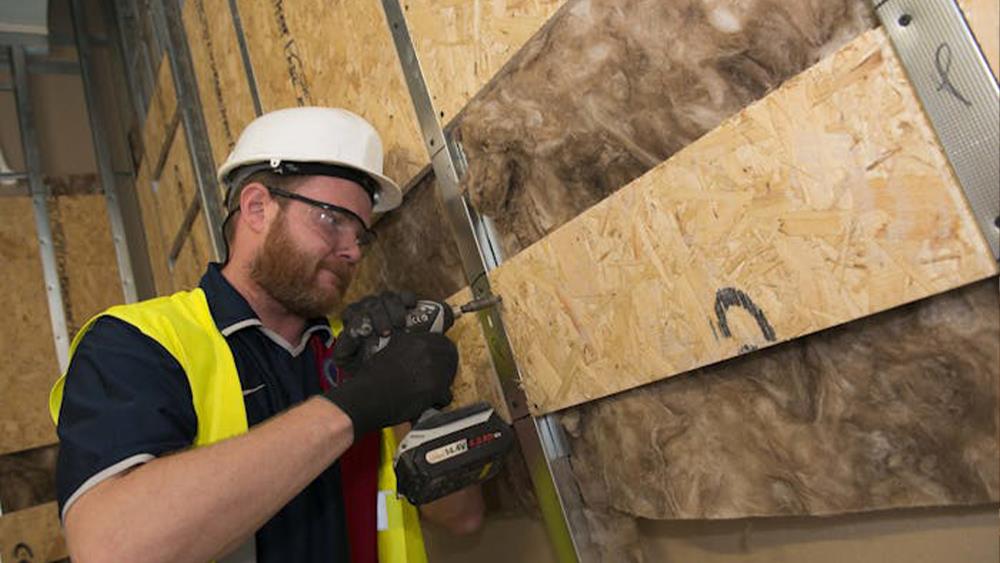

Roly Ward, Head of Business Development at MEDITE SMARTPLY, comments on the new government's house policy and what needs to be considered.
With the UK General Election result now confirmed, the incoming Government clearly has a lot of items on their agenda – housing being an important one.
According to a recent YouGov report, housing was one of the biggest issues voted on in this election, with 18-24-year-olds placing it within the top 20% of their concerns. During the campaign, Labour pledged 1.5 million new houses to help with home shortages, council-owned housing and mortgage rates. While this is a good starting point, it’s clear a lot more needs to be done to tackle the problem.
Skills shortage in the sector is a major point which the new Government will need to address. The current workforce in construction is down 11%, with approx. 40,000 vacancies and an extra 250,000 workers needed by 2028. The lack of skilled workers to deliver construction needs continues to be the catalyst for using MMC factory-driven housing models.
The previous government has invested approximately £100 million to date in these factories already, which current outputs aren’t enough to solve the housing crisis on its own. This result shows that the Labour Party must consider the skills gap if it wishes to solve the ongoing housing crisis in the UK.
Another option could be to look towards our friends on the continent. In Europe, 50% of homes are self-build, with Austria reaching 70% for self-build. If we are to combat the skills shortage in the construction industry, the government must be open to looking at alternative solutions compared to the traditional methods.
Another battle ground of the election has been the climate crisis and the UK goal of reaching net zero. According to a report by the Green Building Council, 11% of global CO2 emissions come from building materials and construction; therefore, for the new government to be taking the UK’s climate goal seriously, it must consider how it builds the new houses which have been promised.
Timber has already begun to provide itself as a good alternative to less sustainable construction methods. When timber is harvested from sustainably managed forests, it acts as a carbon store, locking away carbon for the duration of the product’s life, as well as the life of any recycled wood products derived from it.
At the individual building level, carbon storage is approximately 50% higher in timber-framed homes than in masonry homes. Despite these benefits, a lack of understanding and awareness of timber’s properties as a building material has become a significant challenge, however, 82% of the public supported the use of wood in construction as a strategy to meet the UK’s net zero commitments at the 2020 UK Citizens Assembly – something the newgGovernment need to take seriously and consider.
The General Election has been an intense battleground over the past six weeks with many different issues front of minds for the public. One thing is evident, though: the housing problem the UK faces is pressing and is likely to only get worse if not addressed. Pair the need to reach net zero with a growing population and clear housing needs to be one of the top priorities for the incoming government. The ongoing skills shortage, affordability of homes and their sustainability are important, and I hope Labour act on these points as soon as it can.
.